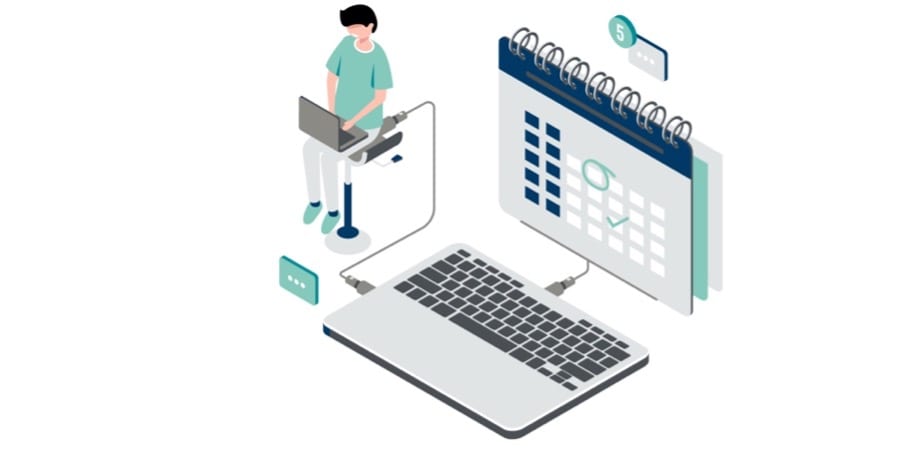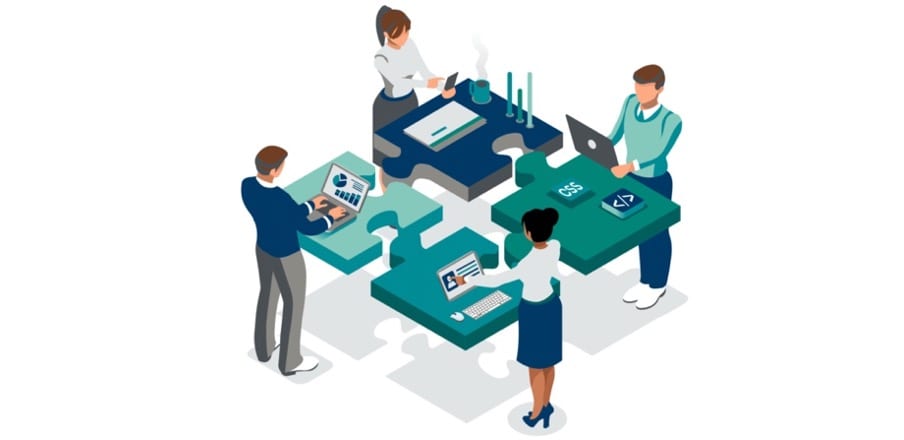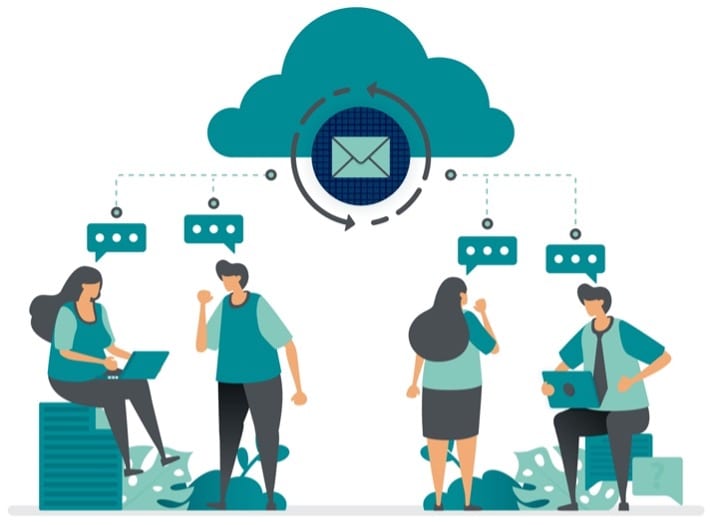Best Practices for the Annual Audit In a Virtual World
Blog post
Share
The annual audit may have just passed you by, or might still be waiting around the corner. Even though the year-end audit happens every 12 months, it has a funny way of making you feel unprepared. For many companies, this year the audit will be conducted remotely, adding an additional level of uncertainty. Depending on your point of view, a remote audit could be a welcome sight, or more cause for panic. Whether you are looking forward to a remote audit or dreading it, there are some important things to keep in mind to make the process as smooth as possible.

Four Best Practices for a Virtual Year-End Audit
Don’t be scared of the audit
First, it’s important to understand the need for an audit, regardless of whether it’s remote or on-site. Though audits are often viewed negatively, they allow finance departments, in particular, to assess their processes and ascertain what works well and what does not. Therefore, it’s important to take the feedback onboard, and to view the auditor as an ally rather than a foe. When an ally lends constructive criticism, it’s best to act on it and make improvements, otherwise you’ll receive the same feedback year over year. That means the preparation for this year’s audit shouldn’t begin the week before or even the month before. It starts a year before, after the auditors gave their review in the previous year’s audit. Don’t let the fact that this year’s audit will be remote scare you into even more of a panic than usual. Chances are, you and your team have been working at least partly remote for the better part of a year and it has forced you to be more efficient. Use that and run with it.
Do you trust your process? If not, make plans to enhance it
When you view the audit in a positive light, you recognize it as a chance to assess your process for month-end close activities. If this worries you, then your real concern probably isn’t so much to do with the audit, but the way your team operates. This should be addressed whether you are expecting an audit or not, but the annual audit acts as a great incentive to make any necessary adjustments.
Your process should be centralized, consolidated, and coherent.

Centralized means that the process is accessible to you and your team members, and (especially in today’s world) that means remotely accessible. Consolidated means that all information relevant to your month-end close is kept in the same place, including procedures, attachments, and documentation. Last, and most important, is for your process to be coherent. A coherent process is essential for individuals to understand who is responsible for which aspect of the close, and you will find that defining this concretely will increase efficiency and reduce errors and bottlenecks across your team. The outcome of this will be better audit results.
Simplify information handoff
While centralization, consolidation, and cohesiveness increase the efficiency of your process for the month-end close, they also better prepare you for a remote audit. By taking these steps with your month-end close process, you have created an environment that can readily be handed over to the auditor for review.
What’s more, if the environment is maintained in cloud-based software (as is recommended) the auditor can simply be given remote access to view all pertinent information from their own home or office, from substantiating documentation in reconciliations, to procedures for internal controls tasks. Depending on the software you use, it’s also possible to edit access, so that you can ensure the auditor is viewing all the information they need, and only the information they need – nothing more, nothing less. This ends up being a less painful process for both you and the auditor which will inevitably start the audit off on a good note. The auditor will appreciate the ease of access to information and will no doubt see this as an extension of your organized close process.

Think positively
The prospect of a remote audit can be daunting but, when framed with the right perspective, it can be the catalyst for you to simplify and secure your close process. Remote work and collaboration are only growing so it’s important to adapt with this changing work environment, to ensure that you are providing for your team members and, in this case, for your (remotely) visiting auditors.
Written by:Peter Whisenant


